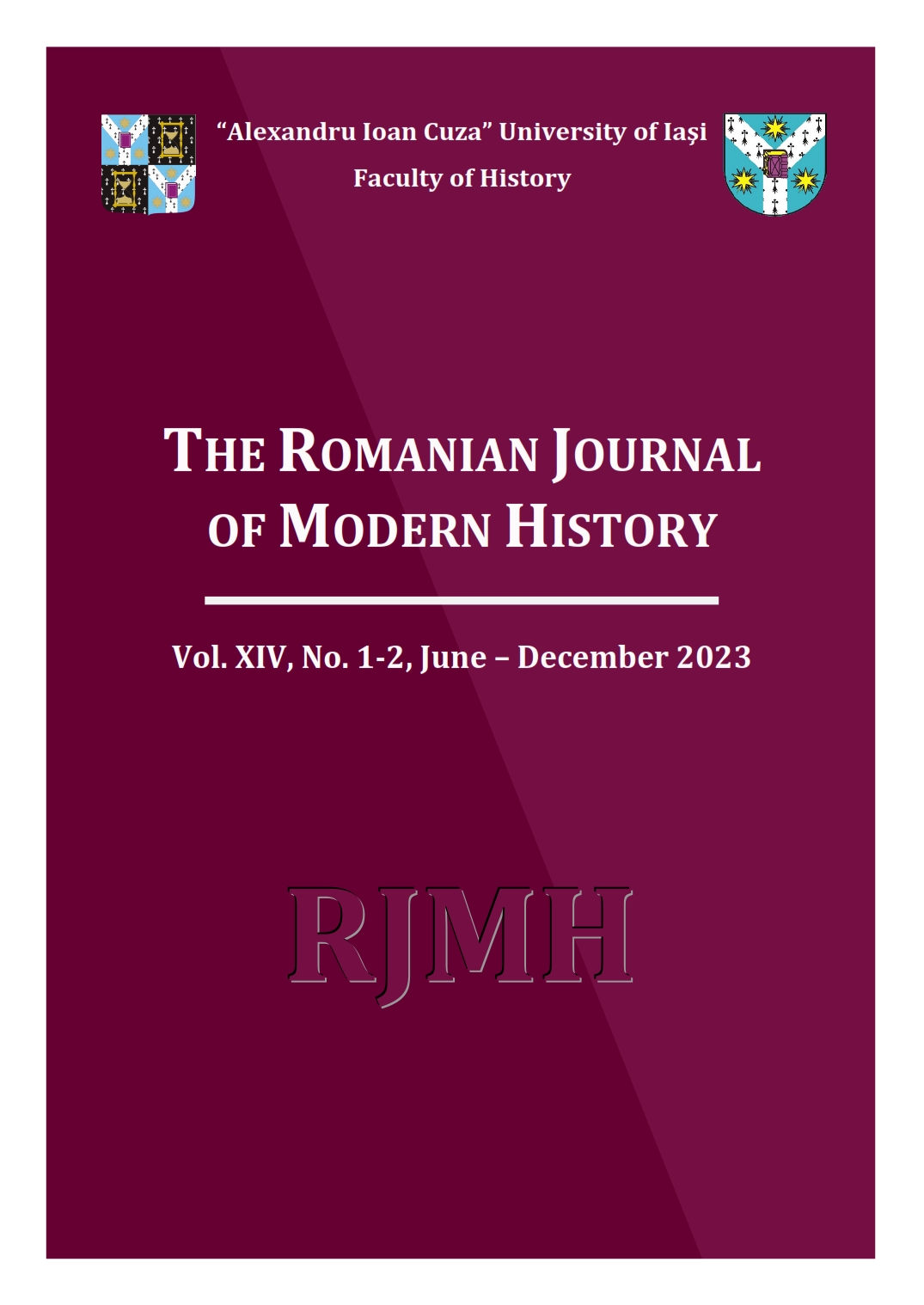Elites and masses, revolution and conservatism in the 19th century
Elites and masses, revolution and conservatism in the 19th century
Author(s): Ionuț-Alexandru BârlibaSubject(s): History, Civil Society, History of ideas, Political history, Modern Age, 19th Century Philosophy, History and theory of political science, 18th Century, 19th Century
Published by: Editura Tehnopress
Keywords: conservatism; elites; leveling; masses; modernity; revolution
Summary/Abstract: The tension between the elites and the masses is a central phenomenon of the 19th century, the century of paradigm changes and the transition from the Old Regime to the modern era. The present article analyzes these profound changes through several essential concepts such as: individual, elites, masses, freedom and refers to some relevant works and authors in this regard. John Stuart Mill talks about the tyranny of the majority and conformism, Søren Kierkegaard brings up the leveling pressure of the masses on the individual, Gustave Le Bon and José Ortega Y Gasset deal with the modern phenomenon of mass democracy and the emergence of the Mass-Man. In this context, the article analyzes the conservative perspective on these changes, emphasizing the critical view of Edmund Burke. Conservatives suggest reforms and prudence instead of revolutionary changes. Their solutions, although largely reasonable, cannot completely stop the emancipation of the masses, which will culminate in the next century with the totalitarian currents that will rise precisely on the leveling force of these new dominant political and social actors.
Journal: Romanian Journal of Modern History
- Issue Year: XIV/2023
- Issue No: 1-2
- Page Range: 5-26
- Page Count: 22
- Language: English

